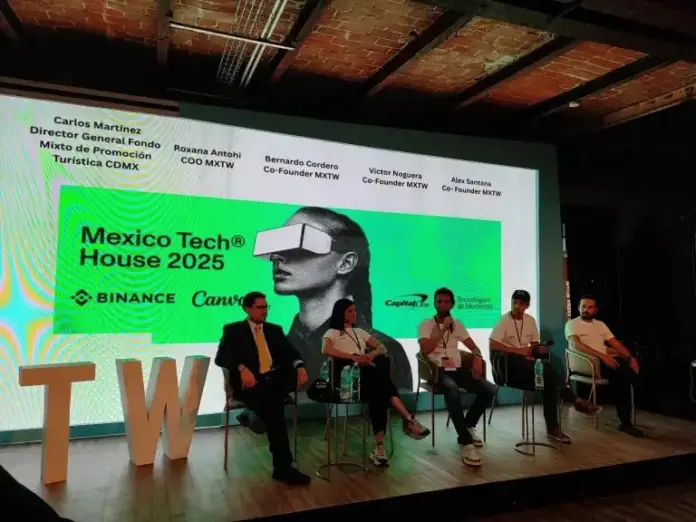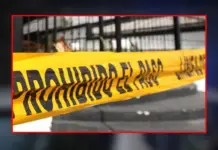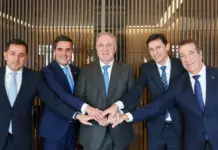Mexico City wants to be more than just the host of a busy schedule of conferences and festivals: it aspires to become the benchmark hub for innovation in Latin America.
Mexico Tech Week (MTW) returns with that explicit ambition and with a third edition that, according to its organizers, will bring together around 400 activities in a single week, more than 16,000 attendees, and nearly 40,000 accumulated registrations, under a “community-for-the-community” format.
The push isn’t solely private. The Mexico City Mixed Tourism Promotion Fund supports the initiative as part of a strategy to position the capital as “a place where entrepreneurship and technology happen,” said its general director, Carlos Martínez.
“We have to make the event grow and consolidate itself internationally,” he said.
MTW’s commitment rests on three pillars: that the agenda stems from the ecosystem, that the diversity of activities is genuine, from technical talks and business meetings to wellness and sports, and that everything takes place throughout the capital, with a central hub: the Tech House.
This venue serves as the logistical and social center for a calendar that overflows the city, explained Roxana Antohi, operations director of Mexico Tech Week. With the support of more than two dozen volunteers, the Tech House offers coffee, coworking, and the basic basic services so that attendees can “run from event to event” with a single operational base.
State Participation
This year, the collaboration with the Mexico City government grew and resulted in activities by the Ministry of Economy and a massive artificial intelligence class led by the mayor, with the participation of companies such as OpenAI and NVIDIA.
According to the organization, the class registered more than 3,500 registrations and is shaping up to be the largest of its kind in Latin America, a gesture of openness that seeks to “democratize access to technology” beyond the startup and investor circle.
Diversity, not just gender, is another priority. Antohi explained that, in addition to ensuring panels with more women, a funding initiative for female entrepreneurs will be launched with support from significant funds in Mexico.
At the same time, Bernardo Cordero, co-founder of Mexico Tech Week, insisted on balancing the agenda: not everything should be business roundtables; space must also be made available to developers, programmers, and technical profiles, as well as local and international voices.
October, a special month for Mexico City
Technology as an economic and cultural catalyst is also seen in its intersections with sports and entertainment. October is the busiest month for tourism in the capital, thanks to the Formula 1 Mexican Grand Prix, the Day of the Dead Parade, and other festivals, and MTW is part of that flow to gain international exposure.
Alex Santana, another of the event’s founders, also highlighted the presence of activities linked to e-sports and video game competitions, such as a significant Age of Empires tournament, proof that the capital’s tech ecosystem is expanding into new creative industries.
With an agenda that runs from Monday to Sunday and hundreds of simultaneous venues, Mexico Tech Week aims to place Mexico City on the global map as a Latin American hub: a place where rounds are closed, talent is recruited, products are tested, and standards are discussed.
The formula (community first, public-private collaboration, and true diversity) seeks to turn an intense week into a permanent asset: international reputation, denser networks, and a clear narrative to attract investment, companies, and talent.

Source: es-us.noticias.yahoo




